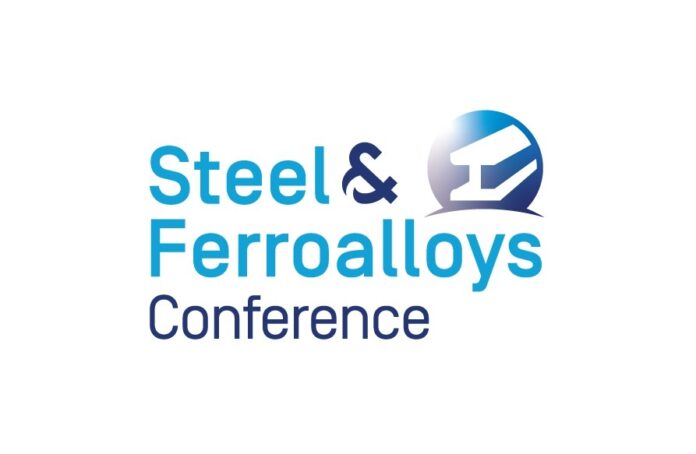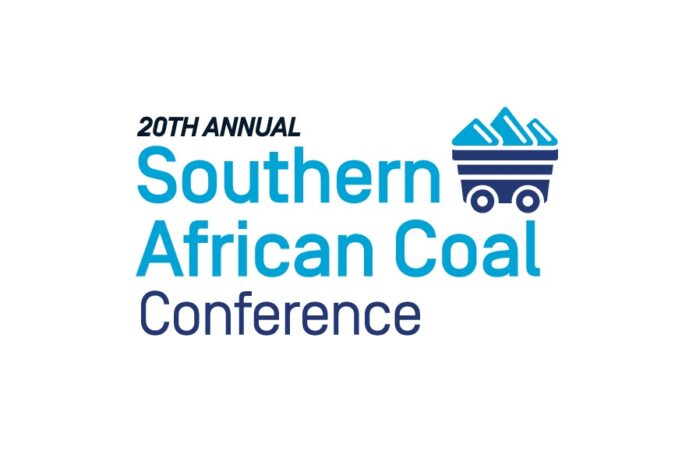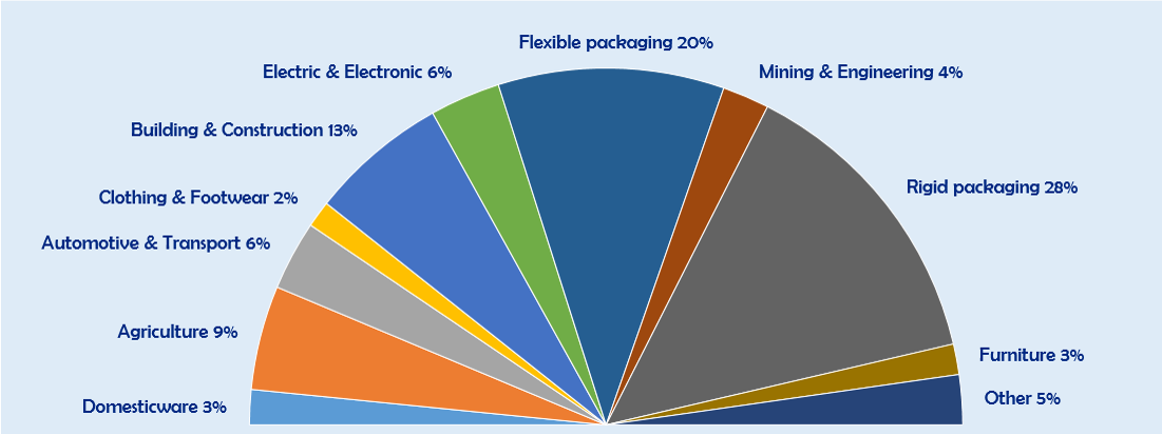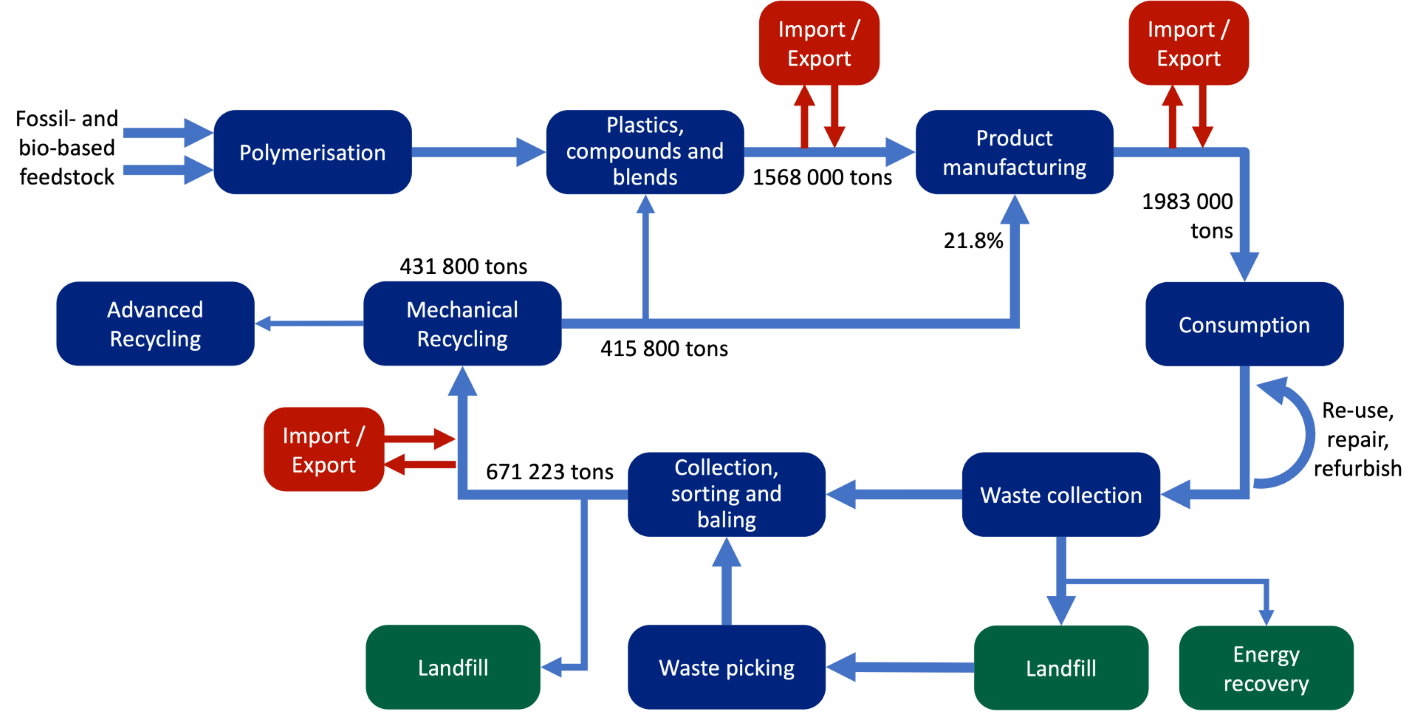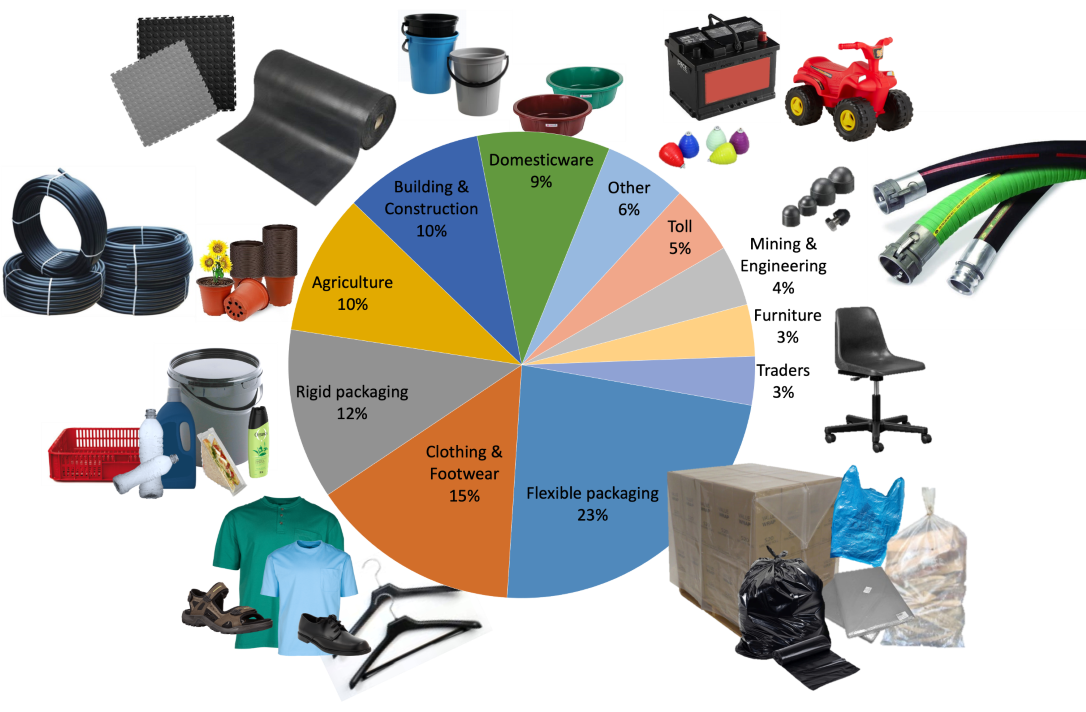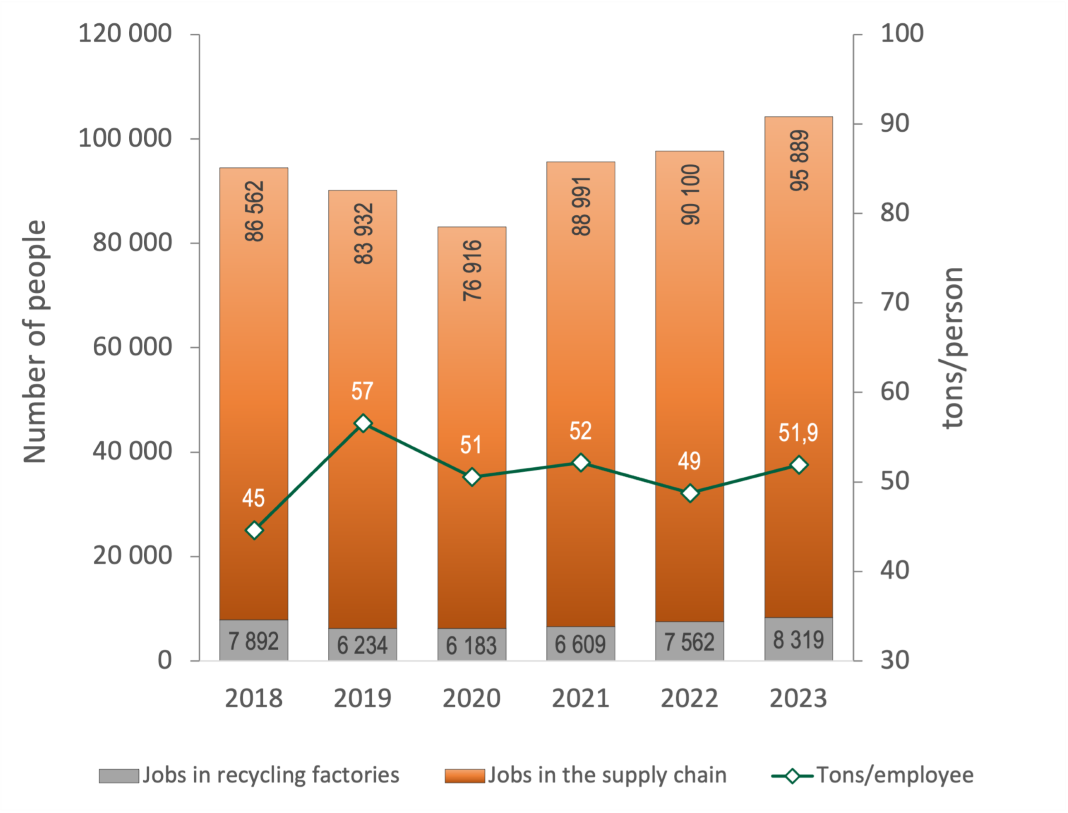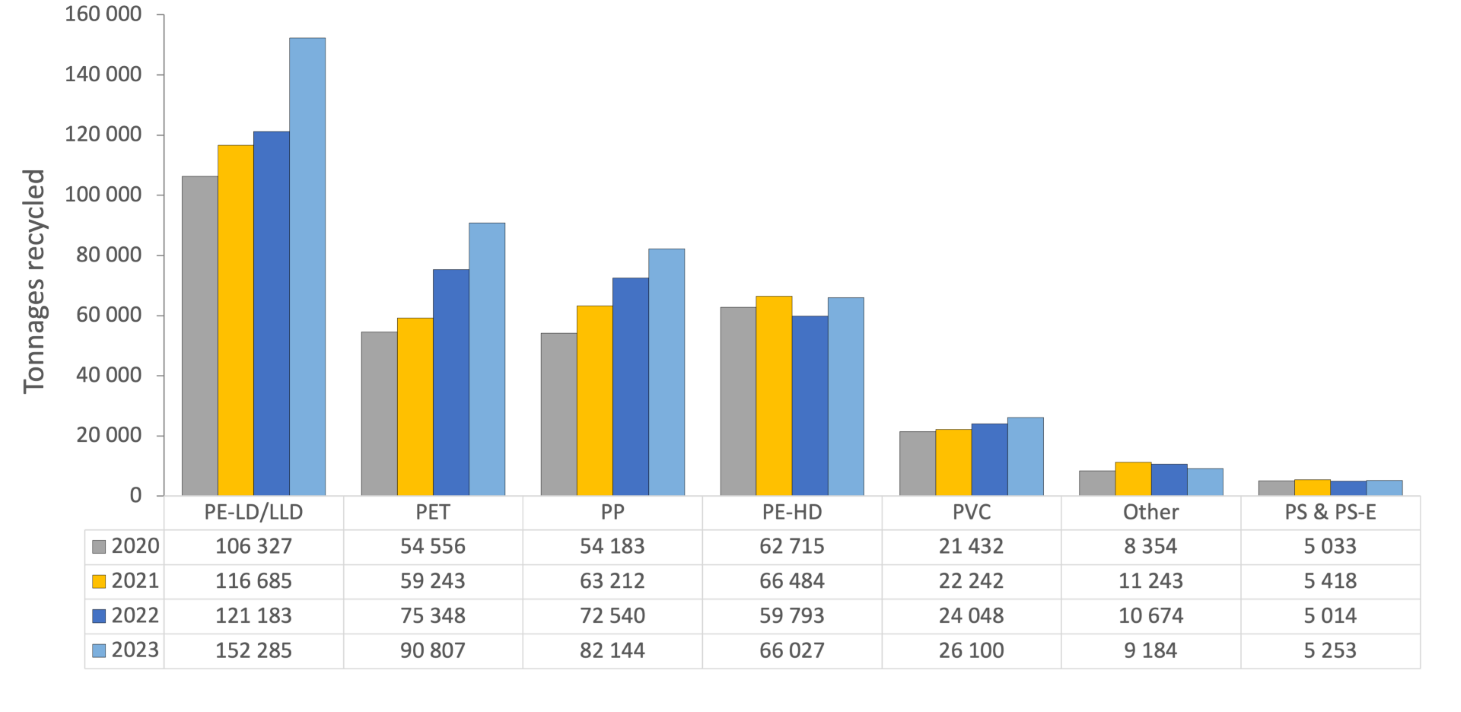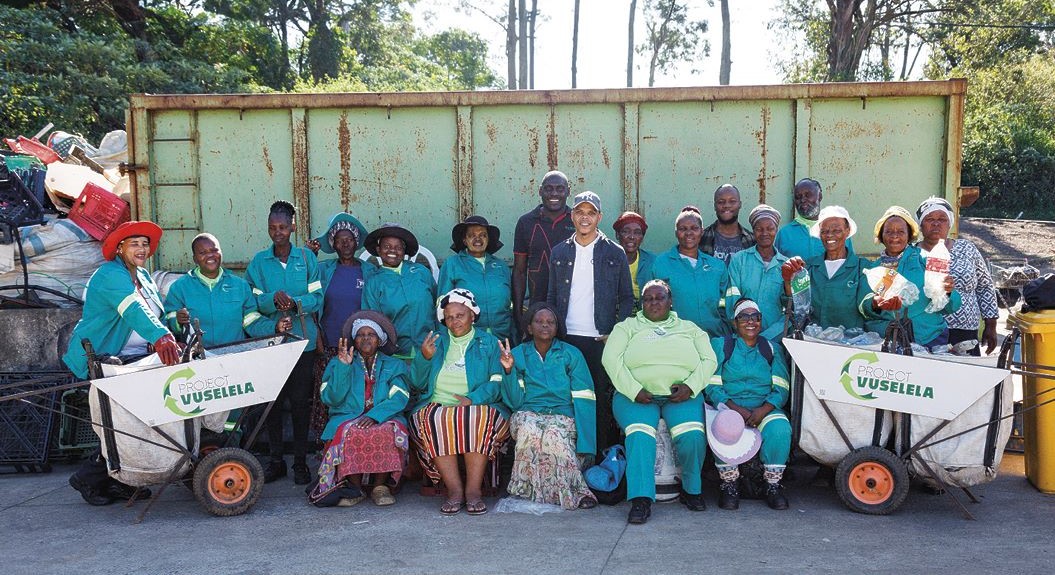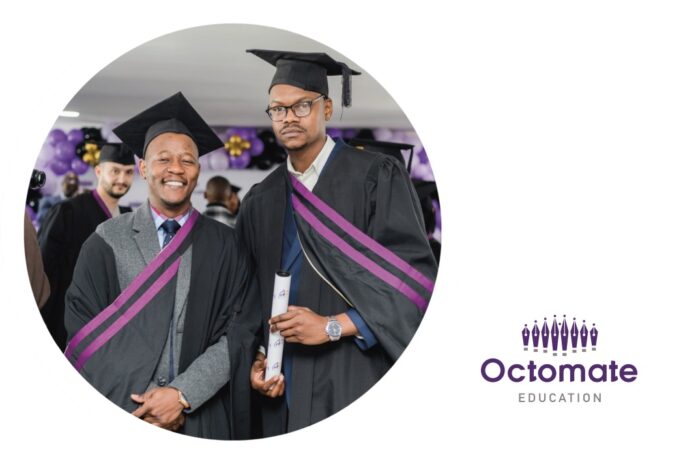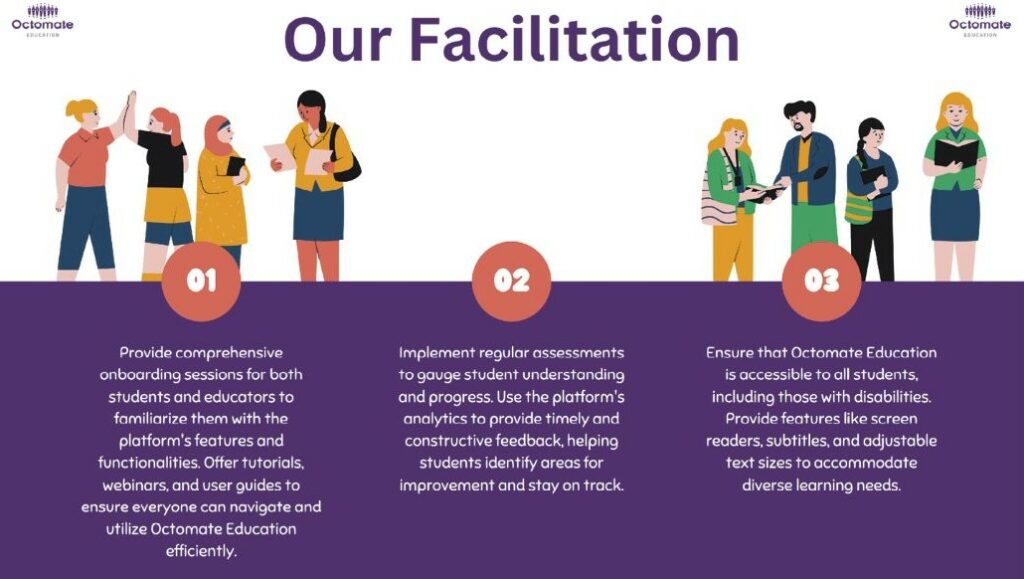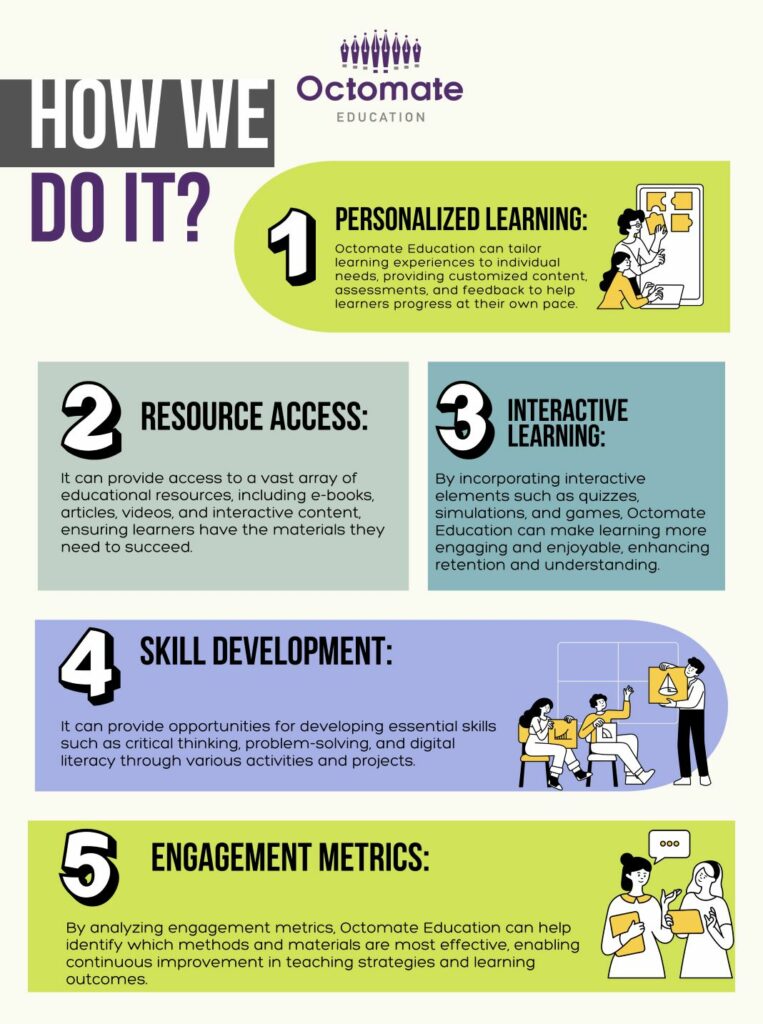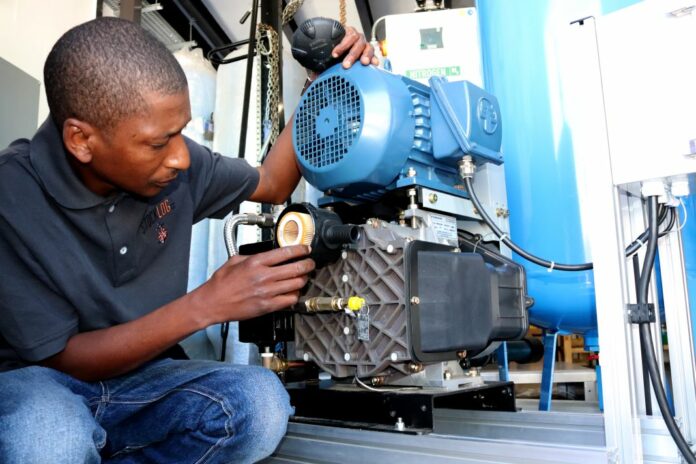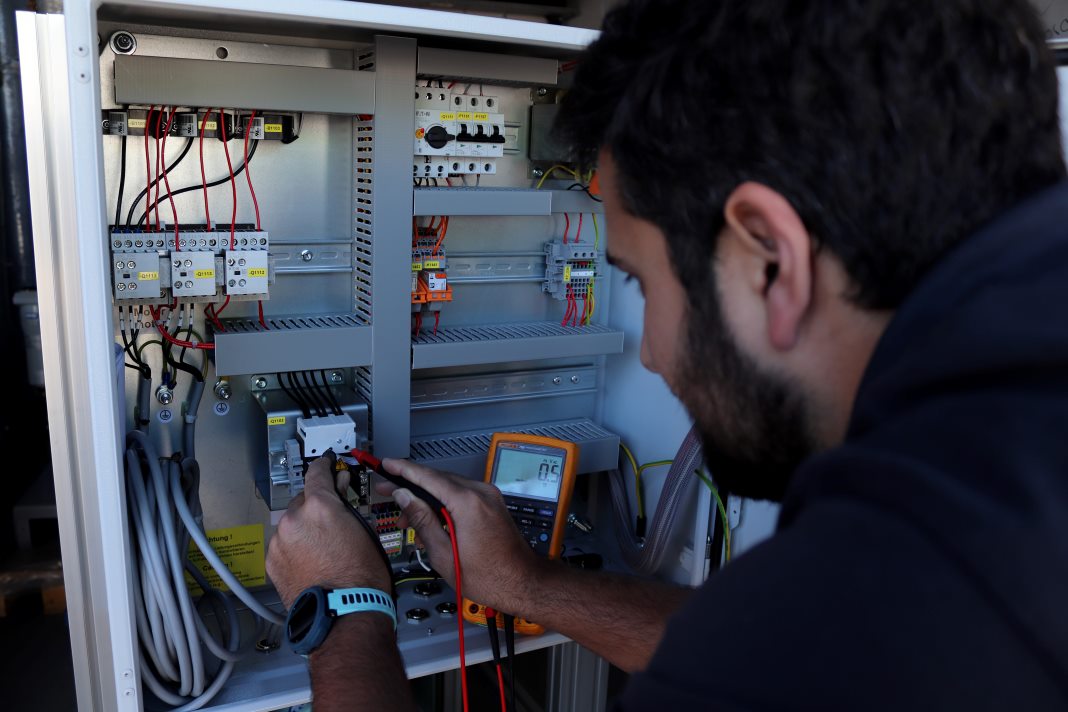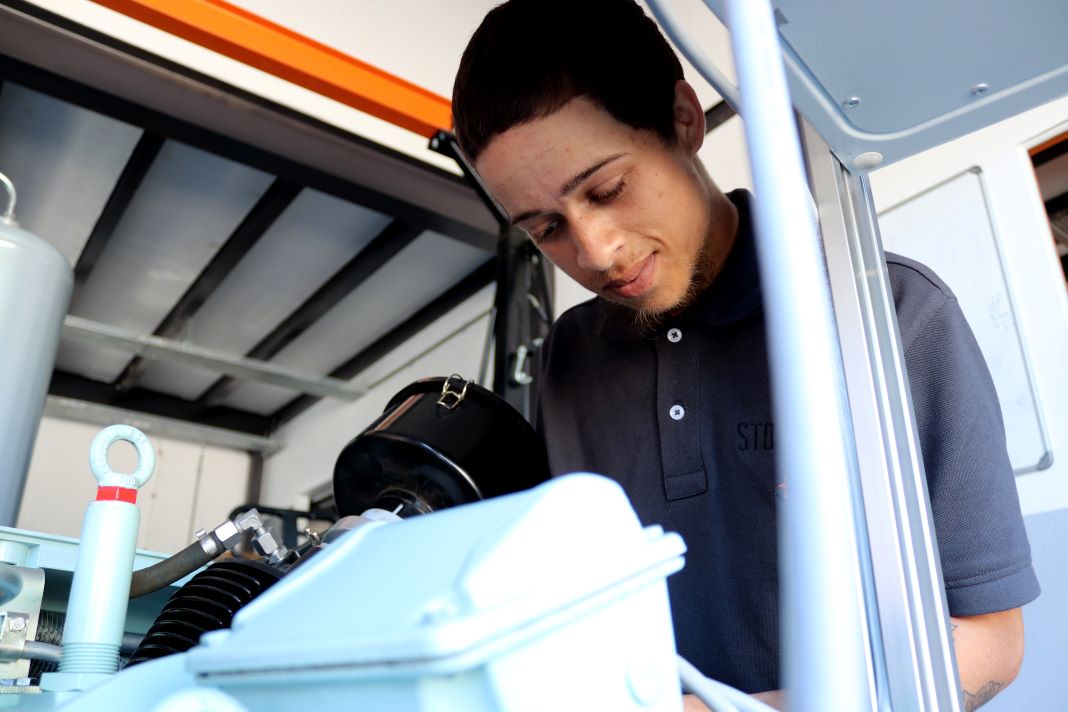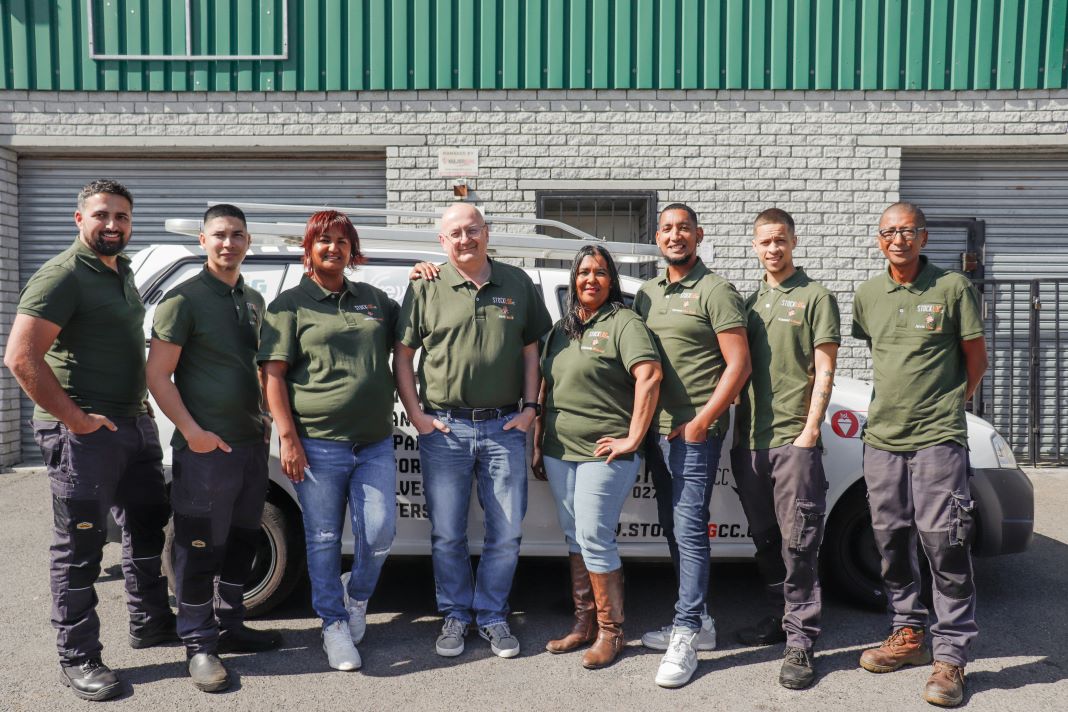By Ray Mahlaka
The seventh government administration, underpinned by a Government of National Unity of which 10 political parties are members, will focus on fixing municipalities so that they can “achieve rapid, inclusive growth”, Ramaphosa announced at the Opening of Parliament, 2024.
“Growth happens at a local level, where people live and work. Our municipalities must become both the providers of social services and facilitators of inclusive economic growth. They must work to attract investment.”
Ramaphosa said targeting municipalities and fixing them can “encourage businesses to expand and create more jobs in municipal areas. Investors are attracted to areas with reliable and modern infrastructure.”
The government has struggled to get infrastructure projects off the ground because of a lack of capacity. There have not been enough engineers and project managers in local government and provinces to initiate and manage projects. This has led to South Africa having few or no new infrastructure projects to fund or showcase to private sector investors, who also want to put money into such projects through partnerships with the government.
“Growth happens at a local level, where people live and work. Our municipalities must become both the providers of social services and facilitators of inclusive economic growth. They must work to attract investment.”
Infrastructure structural reforms – Operation Vulindlela
Ramaphosa might be successful this time in getting the government to execute infrastructure projects. The difference is that he has enlisted the help of the National Treasury, government officials in other departments and the private sector. By doing so, Ramaphosa has found refuge in Operation Vulindlela, which is targeting fixing local government on its next list of priority reforms.
Operation Vulindlela is a joint initiative between the Presidency and the National Treasury that sought to support and motivate government departments to change the fabric of the economy by implementing several pro-growth and investment reforms.
Operation Vulindlela lobbied for reforms that would reduce the cost of doing business in South Africa and promote productivity and competition by increasing the role of the private sector in all areas, including energy, telecommunications and logistics to lessen the state’s power over the economy. Since its inception in October 2020, it has notched up some wins.

After 18 years of inaction, digital spectrum was auctioned, regulatory changes were made to open up the electricity market to renewable energy sources and the backlog for water-use license applications was cleared.
Ramaphosa said the next phase of Operation Vulindlela would focus on local government and improving the delivery of basic services, mainly infrastructure projects.
“Operation Vulindlela will focus on reforming the local government system and improving the delivery of basic services and harnessing digital public infrastructure as a driver of growth and inclusion.
“It will also focus on accelerating the release of public land for social housing and redirecting our housing policy to enable people to find affordable homes in areas of their choice,” he said.
Economic growth
If Operation Vulindlela successfully reforms municipalities and the government delivers on its infrastructure promises, South Africa’s economic growth could improve over the next five years.
The Bureau for Economic Research’s model predicts that South Africa’s economy is expected to grow at a baseline average of just under 2% in the next five years. However, growth could increase to 3.5% by 2029 if Operation Vulindlela reforms are further accelerated. The biggest contributor would be investment, particularly by the private sector, as confidence rebounded.
If Operation Vulindlela successfully reforms municipalities and the government delivers on its infrastructure promises, South Africa’s economic growth could improve over the next five years.
Getting growth of more than 2% will also require South Africa to permanently end the electricity crisis and improve the rail and port network, operated by the state-owned transport group Transnet.
On energy, Ramaphosa said the government would lean on renewable energy projects to improve South Africa’s energy security profile. He said the country had a pipeline of renewable energy projects, “representing over 22 500 megawatts of new generating capacity” – enough power to electrify more than five-million homes a day.
Investments of more than R400-billion were required over the next 10 years to expand the country’s electricity infrastructure, which would then be able to transmit to the grid the electricity procured from renewable energy sources. This investment was expected to come from the private sector.
Transnet is embracing the private sector as a partner to fix its rail and port network. This is important as the ANC has long been distrustful of the private sector and pushed for policies that exerted state control over the economy.
Government focus
As part of ongoing efforts to create an enabling environment for sustainable and inclusive growth, government will continue to focus on stabilising debt and debt-service costs, investing in infrastructure, as well as continuing to support the most vulnerable households.
“Our strategy for addressing the enormous challenges of accelerating growth, creating jobs and reducing poverty relies on a clear and stable macroeconomic framework, implementing structural reforms and investing in infrastructure,” says National Treasury Director-General (DG), Duncan Pieterse.

Pieterse says National Treasury believes these elements are crucial for boosting growth, enhancing inclusivity and setting the economy on a more sustainable trajectory.
“These efforts will also generate more fiscal space by increasing revenue, enabling private sector participation, lead to more productive public spending on infrastructure and create a virtuous cycle that supports inclusive economic growth,” he says.
The DG was reflecting on South Africa’s economic landscape from the perspective of the National Treasury during the Bureau for Economic Research (BER) conference, which was held in Johannesburg in July. The BER conference delved into the rich tapestry of South Africa’s economic history, drawing from seven decades of survey data.
Since its inception, the BER has been a stalwart in providing critical primary data, economic insights and forecasts, which play a pivotal role in shaping economic discourse and policy decisions. Government intends to continue with its progress on the implementation of structural reforms to improve productivity and the competitiveness of the economy.
These reforms make it easier and cheaper for businesses to operate and invest in South Africa, employ people and support a growth in government revenue.
“Historically, we have seen strong linkages between microeconomic developments like energy provision and logistical capability and overall growth outcomes. We have witnessed declines in total factor productivity, which encompasses innovation, technological improvements and more because of these binding constraints to growth.
“To address this, our economic policy has been geared to directly tackle the microeconomic roots of the growth slowdown, particularly focusing on the drivers of productivity decline.
“Network industries like electricity, rail and telecommunications are a primary concern, as productivity shocks within these industries have significantly impacted the rest of the economy,” Pieterse says.
Estimates suggest that around 35% of the growth slowdown from 2007 to 2021 can be attributed to these network industries or the utilities sector.
“By the end of phase I of Operation Vulindlela, 94% of reforms were either complete or progressing well. And by our estimates, these reforms have generated investment potential of R500-billion. You will all be aware of the BER’s own estimates that confirm the large impact that these reforms can have on investment and Gross Domestic Product over time.
“Unlocking investment through reforms in the electricity sector is important to end loadshedding and achieve energy security and will be the main driver of economic growth in the decade to come,” he says.
Similarly, reforms in the logistics sector, which Phase 1 of Operation Vulindlela has pioneered, will enable greater investment in the rehabilitation of the rail network as well as in rolling stock, as we implement the freight logistics roadmap that will fundamentally change our logistics sector over time.

“We have also implemented reforms in the telecommunications sector to increase network speed and quality, expand broadband access and reduce costs.
“In addition, this first phase of Operation Vulindlela has taught us new ways of working to implement reforms quickly and collaboratively with public and private actors.
“As we move into Operation Vulindlela Phase II, a second wave of reform, it is important that we maintain the momentum already developed across the five key sectors identified in the first phase to realise their full impact as well as to look into new areas that will drive growth going forward,” he says.
Investment in infrastructure
Government is also prioritising investment in infrastructure through improvements in the infrastructure pipeline, the execution of that pipeline and the financing thereof.
“Mobilising private sector resources to augment public sector capability and finances is necessary to fast track the provision of infrastructure and improve effectiveness. Government has initiated various reforms to systematically crowd-in greater private sector participation to improve spending and delivery outcome.
“Work is underway on capital budgeting reforms; strengthening institutional arrangements and governance across the ecosystem to enable the private sector to co-invest in public infrastructure,” Pieterse says.
These include the Public-Private Partnerships (PPPs) regulations, changes to the Budget Facility for Infrastructure, accelerating private sector investment in transmission as well as driving private sector partnerships in several sectors.
“Currently in the fiscal framework, planned infrastructure budgets are expected to increase at 4.9% over the medium term, driven by energy and transport. And we intend to improve on these efforts going forward,” he concludes.




